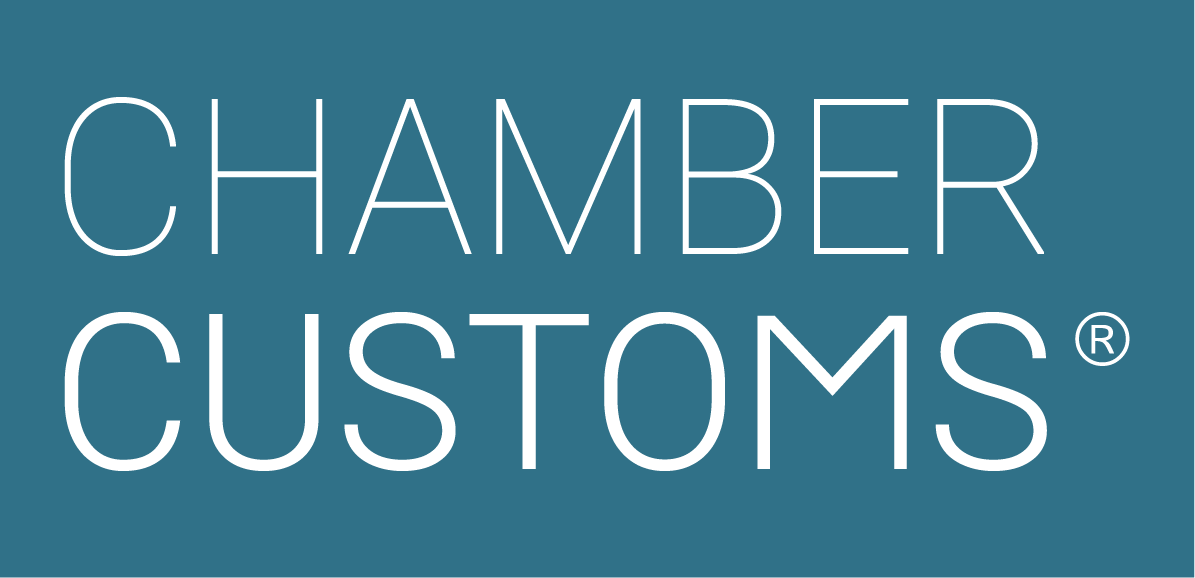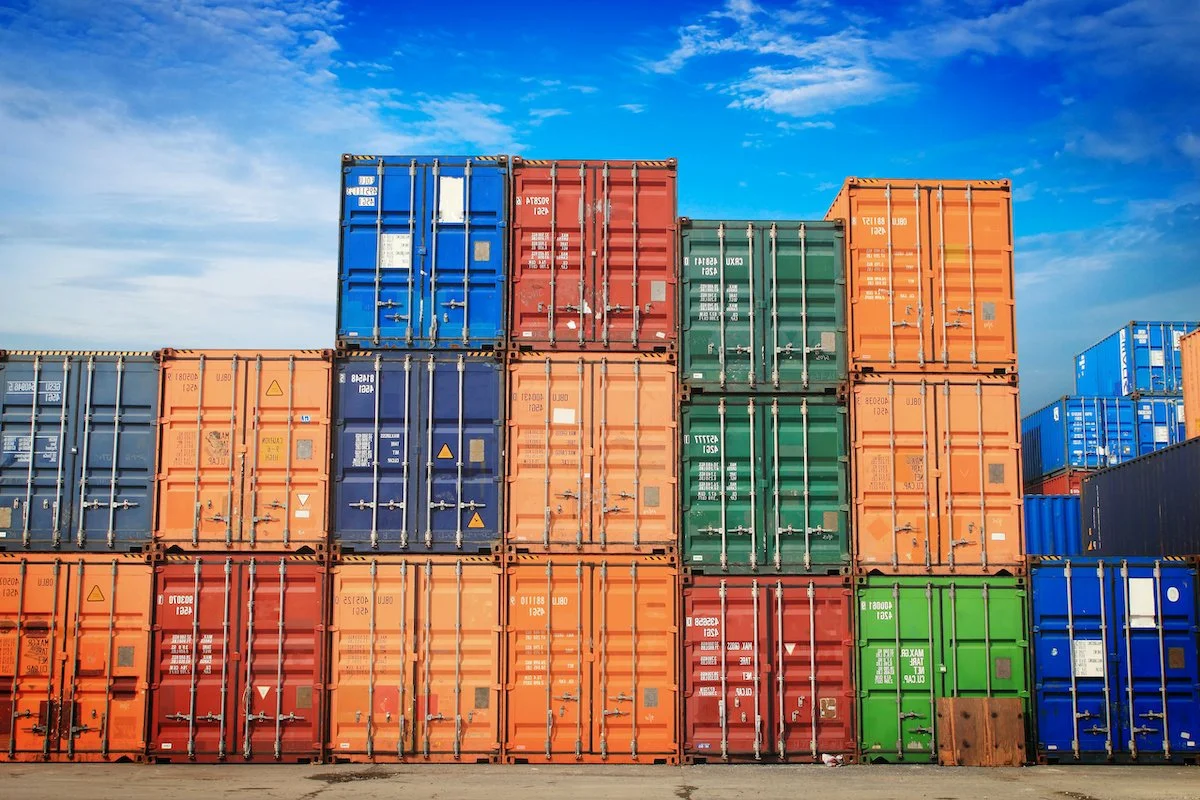What are Rules of Origin?
Businesses up and down the country have been struggling to make sense of the new arrangements for exporting inside and outside of the EU.
With new processes and new paperwork, shipments are being held up and there are increasing concerns about the impact on the economy.
The problems experienced centre around new rules which describe which goods can be counted as being made in the UK, meaning they benefit financially from these new agreements.
However, UK exporters from a variety of sectors are actually finding that goods which they thought were classified as being made in the UK, which they could export tariff- and quota-free, don’t actually meet these new origin rules, putting their goods at a disadvantage compared to their EU competitors.
The rules vary but in general, if at least 50% of the price of the product is considered as being made in the UK, then the entire product would be considered to be of UK origin.
However, with modern supply chains, parts come from all over the world, leaving UK exporters struggling to understand what tariffs are payable and to even complete the relevant paperwork.
ChamberCustoms and your local Chamber of Commerce can help.
You can use ChamberCustoms as your Customs Broker or Customs Clearance Agent to keep you right with rules of origin or speak to our expert advisors.
‘Rules of origin’ will determine where the goods originally came from; i.e. this is where they have been produced or manufactured - and not where they have been shipped from.
Once you know where the goods have originated, you can see if the goods qualify for a preferential tariff under the Trace & Cooperation Agreement (TCA).
What is the Free Trade Agreement?
On the 1st of January 2021, the UK started trading on a new Free Trade Agreement between the UK and the EU this was called the ‘Trade and Cooperation Agreement’, often referred to as TCA.
Preferential zero tariffs only apply to goods that are manufactured in the UK or in the EU.
This means you don’t have to pay Customs Duty if you import goods from the EU into the UK (i.e. goods that originate in the EU) or if you export goods to the EU that originate in the UK - as long as the goods meet the stipulations in the Trade and Cooperation Agreement (TCA).
If you need help checking the origin of your goods, ChamberCustoms customs brokers can help.
Please note: the preferential zero-tariff can only be applied to goods that meet the ‘rules of origin’.

